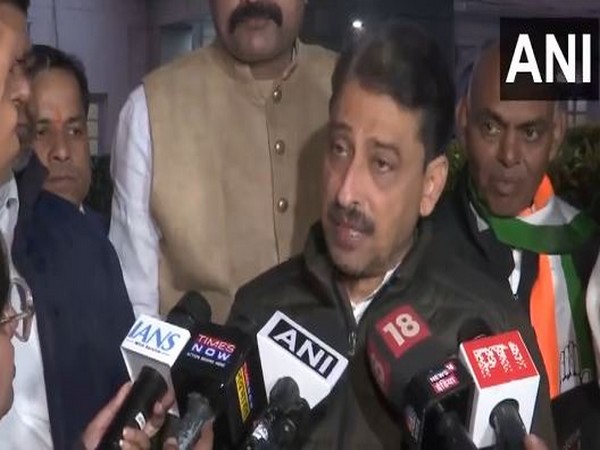Debate Intensifies Over 'One Nation, One Election' Proposal
The central government's 'One Nation, One Election' initiative has sparked controversy, with Congress MPs criticizing it as a distraction from core issues. They argue it is impractical in a federal structure and undermines democracy. Meanwhile, proponents highlight potential economic benefits and stress the need for national consensus.

- Country:
- India
In a sharply-worded critique, Congress MP Imran Masood has accused the central government of using the 'One Nation, One Election' proposal as a ploy to divert focus from pressing concerns. Masood contends that the initiative is incompatible with India's federal framework where simultaneous elections for 29 states and the Centre seem unfeasible.
Adding to the opposition's voice, Congress MP Gaurav Gogoi insists that a comprehensive discussion on India's electoral process is necessary, declaring that 'One Nation, One Election' fails to address existing electoral challenges. Meanwhile, Congress MP Jairam Ramesh calls for the bill to be reviewed by a Joint Parliamentary Committee, emphasizing that it poses a threat to democratic values.
Conversely, following the Union Cabinet's approval of the bill, former President Ram Nath Kovind, who heads the reviewing committee, has underlined the initiative's potential economic benefits, asserting its capacity to enhance India's GDP. Prime Minister Narendra Modi regards the Cabinet's acceptance as crucial to bolstering India's democratic vibrancy.
(With inputs from agencies.)
ALSO READ
Akhilesh Yadav: BJP's Threat to Democracy and Economy
Chad's Contested Path to Democracy: Elections Amidst Boycott and Criticism
Jimmy Carter: A Legacy of Democracy and Global Peace
Simultaneous Elections Controversy: A Threat to Democracy?
Georgian Political Turmoil: EU Relations and Democracy at Crossroads










